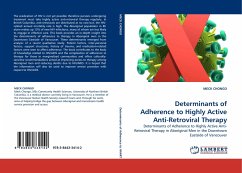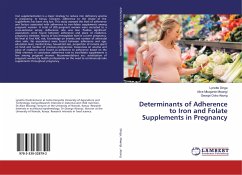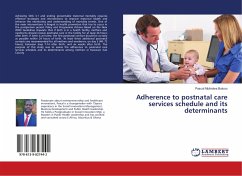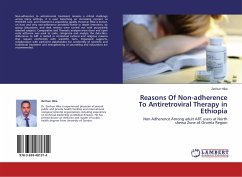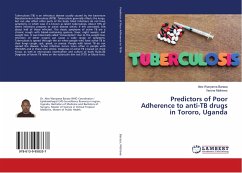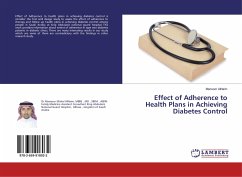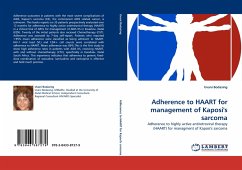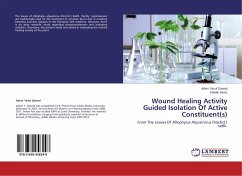The eradication of HIV is not yet possible therefore persons undergoing treatment must take highly active anti-retroviral therapy regularly. In British Columbia, anti-retrovirals are distributed at no cost but, the HIV-related annual mortality rate is high. The Aboriginal population in BC alone makes up 13% of new HIV infections, many of whom are less likely to engage in effective care. This book provides an in-depth insight into the determinants of adherence to therapy in Aboriginal men in the Downtown Eastside of Vancouver. These determinants emerged from analysis of a recent qualitative study. Patient factors, inter-personal factors, support structures, history of trauma, and medication-related factors were seen to affect adherence. The book contributes to the body of knowledge related to HIV/AIDS and the complexities of adherence to therapy for those in marginalized communities and offers culturally-sensitive recommendations aimed at improving access to therapy among Aboriginal men and reducing deaths due to HIV/AIDS. It is hoped that the information will also be used to improve service provision with respect to HIV/AIDS.
Bitte wählen Sie Ihr Anliegen aus.
Rechnungen
Retourenschein anfordern
Bestellstatus
Storno

